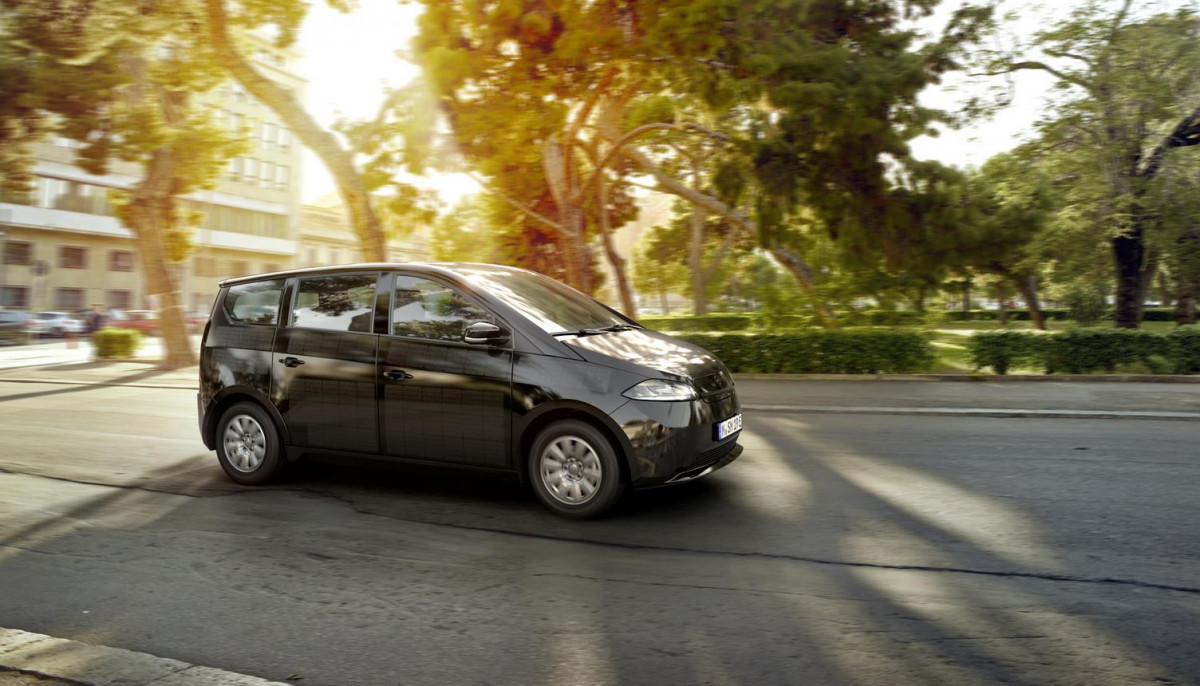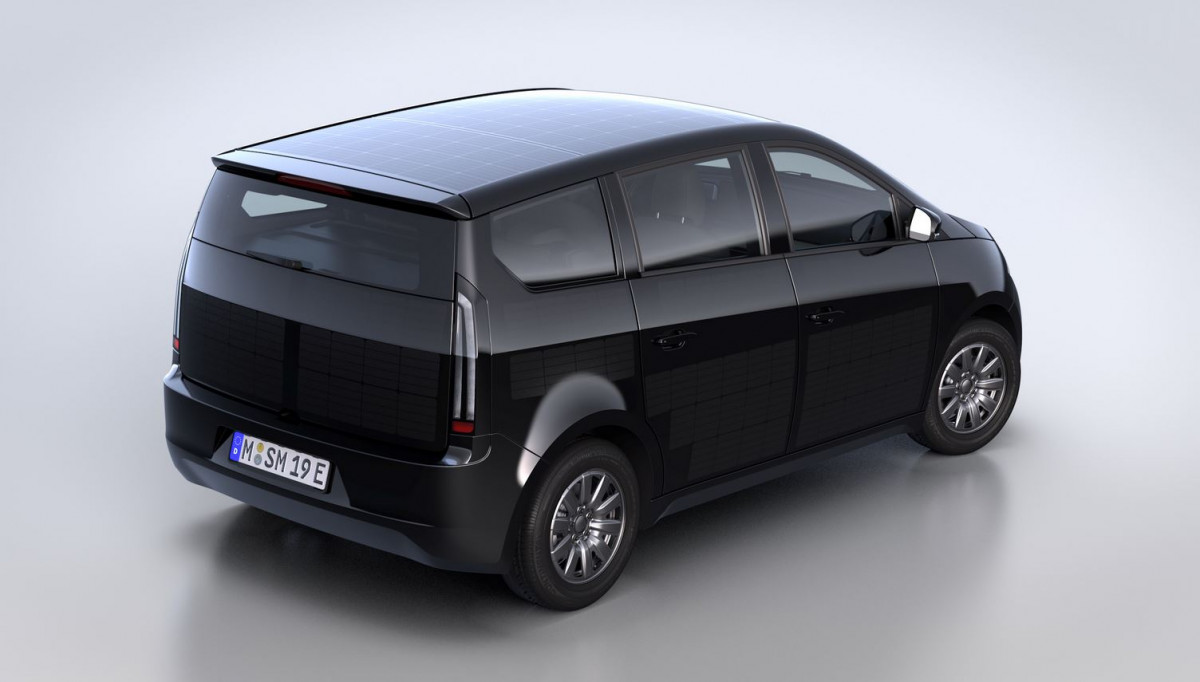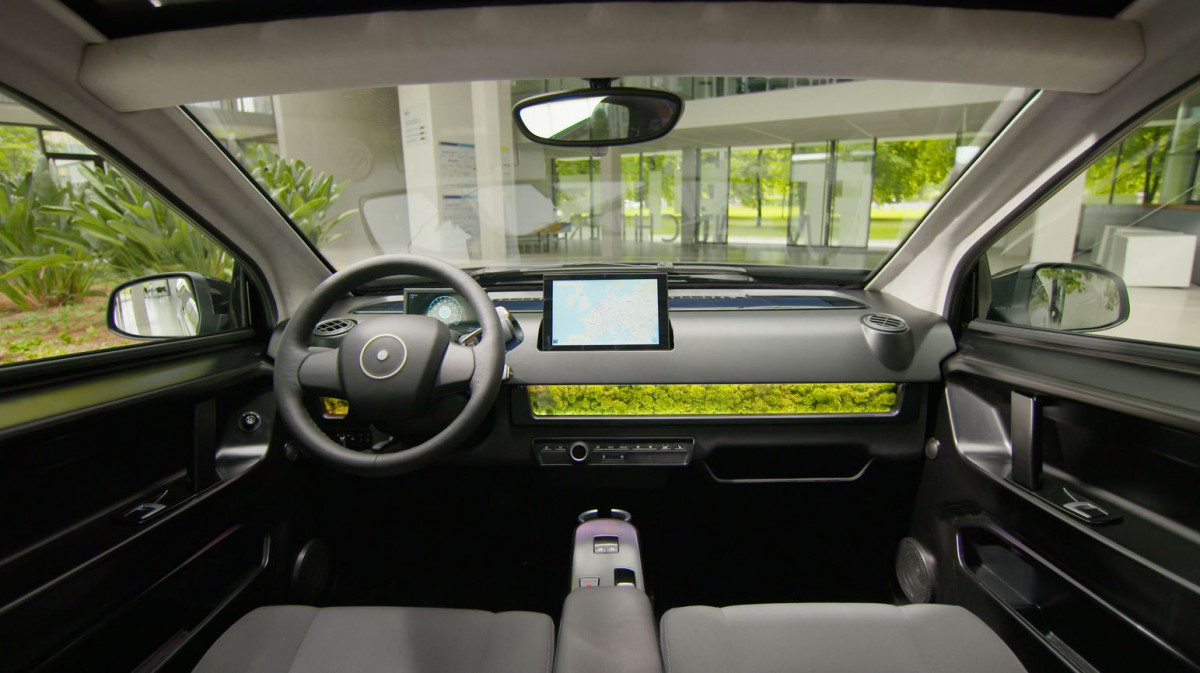Start-up Sono Motors challenges industry giants with PV-clad electric car
Company Profile
- Munich-based mobility start-up Sono Motors was founded in 2016 with a crowdfunding campaign and has grown to around 80 employees.
- It has amassed 10,000 partially paid pre-orders - double its original target - for its electric car, the Sion. The car has a range of around 250 kilometres, with solar cells on the vehicle that can extent its range by up to 34 kilometres per day. Some vehicle design details are determined by client community votes.
- The Sion will be produced beginning in the second half of 2020 by National Electric Vehicle Sweden (NEVS) in the former plant of Swedish carmaker SAAB. Sono Motors says 260,000 vehicles will roll off the production line over an eight-year period. Development partners include industry suppliers Continental, ElringKlinger and Bosch.
- Sono Motors says it will offset all carbon emissions produced throughout the Sion manufacturing process.
- The company says the Sion will come with a mobile app and integrated options for vehicle- and ride-sharing, as well as the ability to share electricity between cars.
- The Sion will cost 25,500 euros. Current pre-orders are equivalent to total sales of 214 million euros, according to the company.
Why Sono Motors matters
- The example of Sono Motors illustrates how the shift to e-mobility is offering young companies a unique opportunity to enter the car market, in part because electric cars are much easier to build than conventional combustion engines. The company history also suggests the potential of crowdfunding campaigns, and indicates strong demand for small to medium-sized electric vehicles.
- At the same time, the company's experience has demonstrated the challenges of entering a highly competitive car market dominated by global players: the company had to postpone the launch of its vehicle. Sono Motors also increased the price significantly from the original target because of higher-than-expected battery costs.
What Sono Motors says
Clean Energy Wire spoke with Sono Motor’s CEO and co-founder Laurin Hahn.
Clean Energy Wire: How is the energy transition in the transport sector offering companies like yours the opportunity to establish themselves against major competitors?
Laurin Hahn: Electric vehicles are the bridge between the automotive and energy sectors. Due to the energy transition, new business fields are arising at the interfaces of these sectors, which are being occupied by companies that take into account the changed mobility needs of people, consider the challenges of the energy transition as opportunities and translate them into products and services. This is where we are positioning ourselves with a new and forward-looking mobility concept. The Sion, the first series SEV, integrates power, car and ride sharing and offers an additional range of up to 34 kilometers per day thanks to integrated solar cells. Thanks to the solar integration and the bidirectional charging function, the Sion also becomes part of the charging infrastructure.
What's currently the biggest problem for your company? What's the next big milestone and what are your long-term plans?
A few days ago we announced our production partner. Together with National Electric Vehicles Sweden (NEVS) we will produce the Sion in Trollhättan, Sweden. The next step will be to start preparations for production. At the moment, we are fully focused on the production of the Sion. In the long term, however, we see ourselves as a mobility and energy service provider.
How do you rate the progress of the energy transition in the transport sector? Is Germany on the right track?
People in Germany have understood that something has to change. However, especially in comparison with the Scandinavian countries, Germany has to do its homework. Increasing competition, including from new suppliers, is contributing to the fact that the entire automotive industry is under pressure to act - this favours electromobility. We are quite self-confident and say that nobody pursues this approach as consistently as we do. In a few years' time, so we hope, the market for electric vehicles with bidirectional charging and solar integration will grow. Because only then will they really make a contribution to the energy revolution in the transport sector.
Which legislative change would you most like to see?
As the share of renewable energy increases, so does the need for flexibility in the power grid. This is urgently necessary to balance electricity generation and consumption and to keep the grid stable. Only with such flexibility can the energy transition succeed, and the batteries of bidirectional electric vehicles contribute to it. In order to make the energy transition possible, the regulatory framework must in future be designed in such a way that this enormous potential is exploited and vehicle batteries can be made available to the power grid as buffer storage.
How do you rate the environment for energy transition start-ups in Germany?
Challenging. But that doesn't scare us and others off. On the contrary, the convergence of the energy and automotive sectors offers great opportunities, especially for companies like us.






